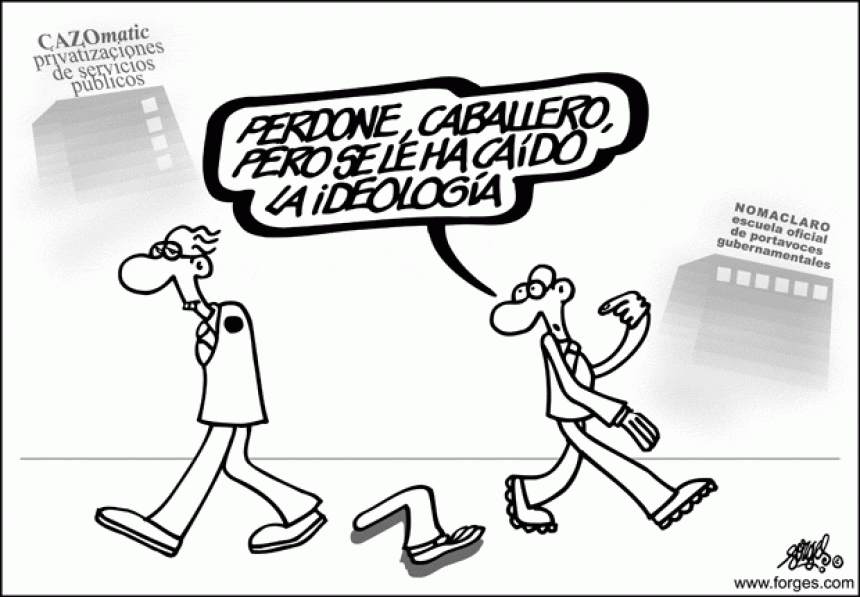
Spanish society does not usually get along well with political parties. In other European societies developed with established parliamentary systems, it is the same story, in modern times there is not a great appreciation for them, but perhaps there is greater awareness of their utility as mechanisms for practicing democracy. There appear to be mainstream alternatives to them and although in the past decade, traditional affiliation, that is to say, the possession of a party card with certain rights and duties, has declined, confidence remains in their existence to channel policy proposals that are proposed in electoral debates.
The structure of European parties remains consolidated since the early twentieth century in most countries with parliamentary tradition, or in any case have been remodelled and renamed to adapt to social changes while maintaining certain historical connotations. In Germany, the CDS, the Christian Democrats, or SPD, the Social Democrats, were rebuilt after the Nazi decade but have remained their roots. The Liberals and the Greens have emerged but their strength has fluctuated according to stages and electoral periods without the hegemonic reference of large parties disappearing.
Britain is the country where the tradition has remained with the same names. Tories and Labour cover most of the British political spectrum. In France, things have been more turbulent with large coalitions of conservatives and liberal parties against socialists and communists, and lately the "lepenites" National Front remind us in part of the French Action of Maurrás in the first third of the twentieth century They have attracted a large portion of the electorate in view of the political and economic difficulties of the European Union or the problems of emigration and jihadist terrorism.
Western Europe is marked by the French Revolution
The political groupings in Italy and Greece have been more fickle since The Second World War but their connotations with historic roots survive. Even in Spain and Portugal, with long dictatorships in the middle years of the twentieth century, remodelled their political parties with new names which survive, in some cases, with their historical acronym, PSOE for example, or the liberal traditions or conservative dating back to nineteenth century. Similarly, we could refer to the Scandinavian countries. In short, Western Europe, the Atlantic and Mediterranean area, with their differences and nuances, maintain a path that connects back to the parliamentarism begun after the French Revolution.
The situation is different in Russia and the countries of Eastern Europe. Since the demise of the USSR in the late twentieth century and the collapse of the socialist democracies, it has attempted to establish democratic regimes with parliaments that reflect the different policy options. However, the traditions of organized political pluralism were weaker and new parties have emerged ex nihilo overlapping practices called socialist democracies with large deficits for free debate and government proposals. Their desire to be in the European Union has had the advantage of an effect mimicking the usual political practices of Atlantic Europe. Each country's paths has featured their own distinctive elements. The same has not happened in the Czech Republic as in Hungary, Romania, Bulgaria, Croatia, nor in Serbia or after the civil war that ended Yugoslavia. Russia has been a world apart from the configuration of its territorial structure and the triggering of nationalities linked to it since the demise of the USSR, which in some cases have proclaimed their independence, stressing their differentiation with the Russian identity. This is what happened in Latvia, Estonia and Lithuania, the Baltic countries, and in Ukraine, Belarus, Kazakhstan and Armenia, among others, which have maintained their disaffection or alliances with the Moscow government. There are also political parties, however their structure and functioning are far from being platforms of collective participation. The fact that they exist at all is nominally in itself a breakthrough, because one day they could become truly democratic organisations.







